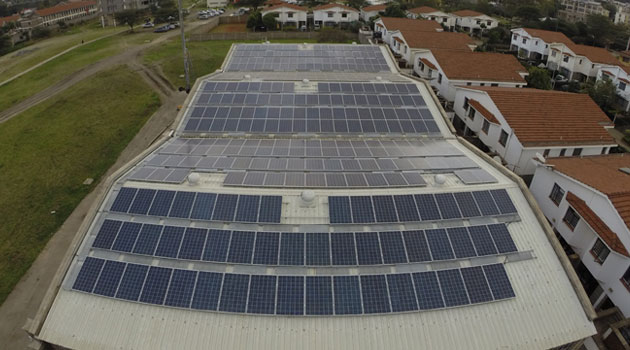
According to the Central Bank of Kenya September Economic Indicators report, participation in government securities increased to 30.9 per cent in august 2016 from 13 per cent last year/FILE
NAIROBI, Kenya, Nov 21 – Participation in Government securities has gone up by 134 per cent for the year ending August 2016.
According to the Central Bank of Kenya (CBK) September Economic Indicators report, participation in government securities increased to 30.9 per cent in august 2016 from 13 per cent last year.
During the same period, private sector lending has been on a decline for the better part of this year touching a low of 5.4 per cent for the year ending August 2016 from 21 per cent recorded over a similar period last year.
An analysis by Cytonn Investments says the significant decline of credit to the private sector can be attributed to the commercial lending rates have been persistently high averaging 17.5 per cent for the past one year compared to 16 per cent in 2015.
The firm also attributed the decline to the increase in Non-Performing Loans (NPLs) that discouraged banks from lending to the private sector and preferred risk-free Government paper.
According to Central Bank’s Credit Officer Survey Report as at June 2016, the industry’s NPLs increased by 12.6 per cent year on year from Sh169.4 billion to Sh190.7 billion in June 2016.
Going forward Cytonn says, we are likely to continue recording low private sector credit growth mainly as a result of the new loan pricing framework brought about by the Banking Act Amendment 2015, will lock most of the consumers and SMEs from accessing loans from commercial banks since all cannot fit within the 4 per cent above the Central Bank Rate pricing framework.
“Also, government continues to accept high yields in the primary auction making it at attractive for commercial banks to lend to the government as opposed to private sector,” the firm states.
The impact of the slowing credit to the private sector, says Elizabeth Nkukuu, Cytonn’s Chief Investment Officer, will be a slow-down in the economy, which will likely be felt next year.
“The government needs to balance out the equation by decreasing borrowing and stop accepting high rate bids from commercial banks,” adds Nkukuu.
In the October 2016 auction, the government accept a yield of 13.2 per cent on an 11-year tax-free infrastructure bond, which translated to a yield of 15.5 per cent taxable bond for an 11-year paper.
The key sectors contributing to the 5.4 per cent growth during the period included; real estate, finance and insurance and household consumption.


























